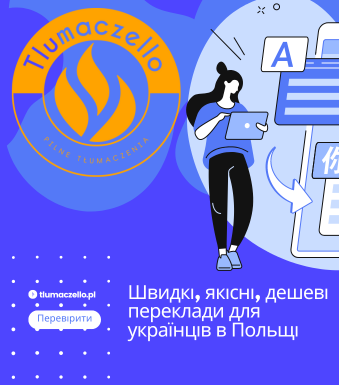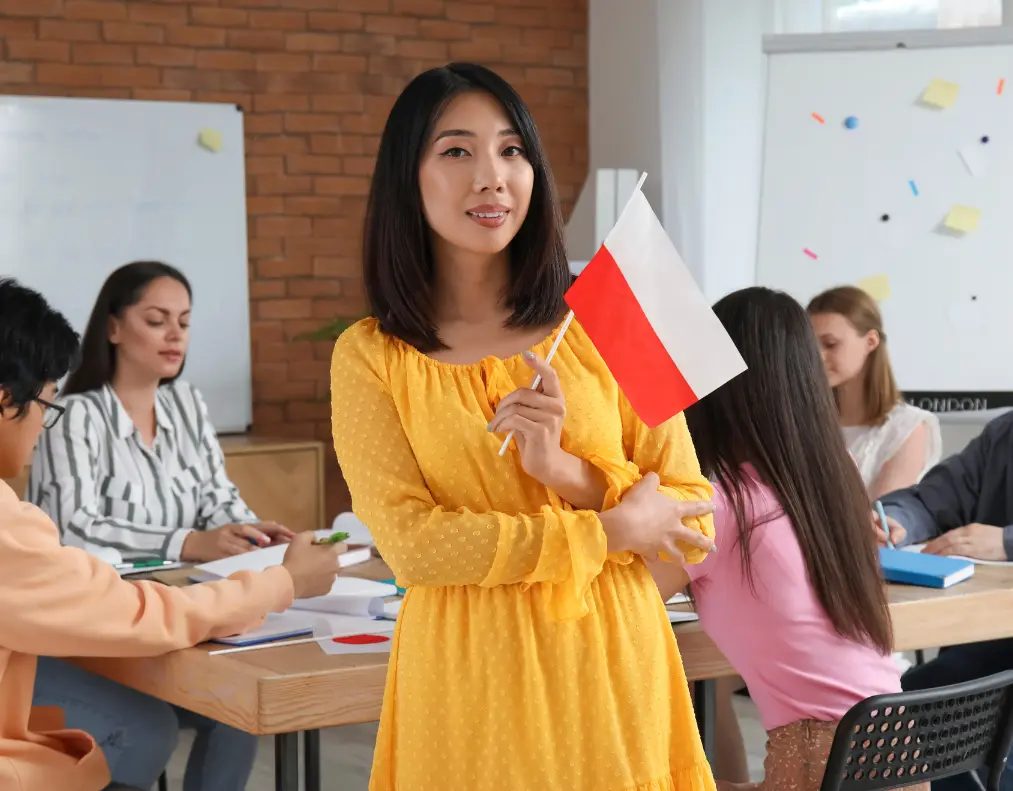Integration courses for adult foreigners in Poland: From language to professional skills

Every year Poland becomes a popular destination for foreigners looking for better conditions for living, working and developing. It is especially important for adults moving to a new country to quickly adapt to new conditions, including language integration and professional training. In Poland, there are a number of integration courses that help foreigners learn Polish, develop professional skills, and successfully integrate into local society. In this article, we will consider the most important integration programs aimed at adult foreigners in Poland and their impact on career development.
The importance of integration courses for adults
Integration courses play a key role in the process of adaptation of adult foreigners to new living conditions in Poland. Language learning and professional skills development help to overcome barriers in communication, facilitate faster employment and increase competitiveness in the labor market.
Integration courses in Poland offer a comprehensive approach, covering not only language aspects, but also other important skills such as work culture, familiarity with Polish professional standards, advanced training and retraining for various sectors of the economy.
Main types of integration courses for adult foreigners in Poland
Polish language courses for adults
One of the biggest obstacles to integration into a new society is the language barrier. Learning Polish is the first step towards successful adaptation, and there are numerous language courses for foreigners in Poland.
- Language courses from integration centers: In major cities of Poland (e.g. Warsaw, Krakow, Wroclaw) there are centers for the integration of foreigners that offer free or subsidized language courses. These courses cover different levels of language proficiency – from beginner (A1-A2) to advanced (B2 and above).
- Online courses: For those who are unable to attend classes offline, online Polish language courses are available. Many platforms offer interactive programs where learners can practice grammar, pronunciation, and conversational skills.
- Advantages of language courses: In addition to basic knowledge of the language, courses often include practical tips on how to use Polish in everyday situations, such as job search, communication with government agencies, banking institutions or in medical facilities.
Vocational courses and advanced training
For many foreigners coming to Poland, it is important not only to master the language, but also to adapt their professional skills to the requirements of the Polish labor market. For this purpose, there are special programs aimed at professional development or retraining.
- Retraining courses: For those who are planning to change their profession or work in a new field, Poland offers many retraining courses. For example, courses in IT, marketing, administration, design, cooking, hairdressing, etc. are popular.
- Professional education for specialists: For foreigners with medical, technical or other professional education, there are courses that help to adapt their knowledge to Polish standards. For example, doctors, nurses, or engineers can take appropriate training to obtain a license to work in Poland.
- Courses for entrepreneurs: In addition, there are programs for those who plan to start their own business in Poland. Such courses include training in business basics, legal aspects of entrepreneurship in Poland, taxation and marketing strategies.
Cultural adaptation and social integration
In addition to language and professional courses, cultural adaptation is an important part of integration. Courses aimed at social integration help foreigners to better understand Polish traditions, customs, rules of behavior and communication.
- Courses on Polish culture and law: These courses are often offered by migrant support centers and include an introduction to Polish culture, history and the legal system. It helps migrants to better orient themselves in society and know their rights and obligations.
- Training on adaptation at the workplace: Some programs also include training on work ethics and rules of behavior in the workplace, especially for those who start working in Poland for the first time. This helps to avoid misunderstandings and facilitates professional integration.
Courses for older generations
Some integration programs are aimed at older people who need a special approach in the process of adapting to new living conditions. Language courses are offered for these categories, as well as trainings that help develop basic skills in using modern technologies and adapting to a new environment.
- Digital literacy training: Digital literacy courses for older people allow them to master basic skills in using computers, the Internet, and mobile applications. This greatly facilitates access to information and social services.
- Support groups for older people: In addition to the courses, there are support groups where older people can share their experience of adaptation and receive moral support from their peers.
Benefits of integration courses
- Easier access to the labor market: Learning a language and taking a retraining course opens up access to more vacancies and jobs in Poland. This allows foreigners not only to find a job, but also to build a career in a new country.
- Social integration: Integration courses help not only to adapt professionally but also socially. They contribute to a better understanding of Polish customs and rules of behavior, which helps to create a comfortable life in a new environment.
- Opportunity for development and lifelong learning: Integration programs offer opportunities for self-development and professional growth regardless of age. This allows foreigners to develop new skills and be competitive in the labor market.
- Support from the state and non-governmental organizations: Many courses are funded by the state or non-governmental organizations, which makes them accessible to a wide range of people, including those in difficult financial circumstances.
How do I enroll in an integration course?
To enroll in integration courses, foreigners can contact local integration centers, NGOs, or educational institutions. Many of these centers have online registration, where you can choose a course according to your needs and level of preparation. Additional information about programs is available at municipal offices, social services or migration centers in Poland.











